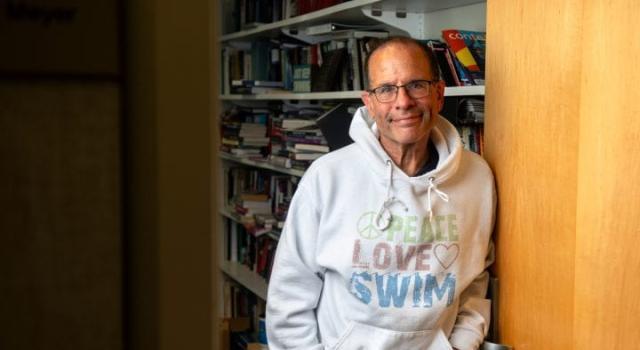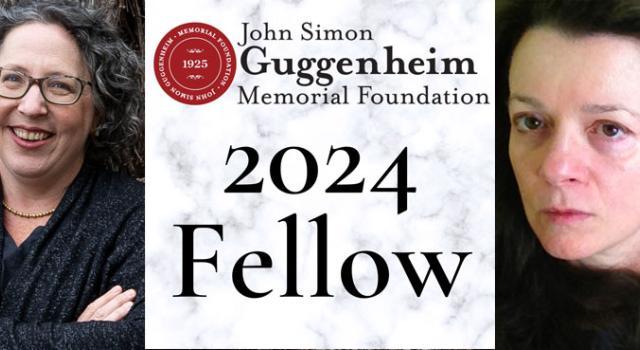Johnson Library to be Transformed into Library Learning Commons

Hampshire College is using a $65,000 grant from the Andrew W. Mellon Foundation to research and develop a plan to transform Harold F. Johnson Library into a library learning commons.
Hampshire College is using a $65,000 grant from the Andrew W. Mellon Foundation to research and develop a plan to transform Harold F. Johnson Library into a library learning commons.
“As books are increasingly electronic,” said library director Jennifer Gunter King, “it makes more sense for the library to open up and create more communal learning spaces. This support from the Andrew W. Mellon Foundation signifies the importance and transformational role the library plays in the academic program.”
A primary objective of the grant is to develop a model for how academic resources can come together in the library, taking advantage of the central location and visibility. In recent years, a number of resources have found their way into the library. Among them are Writing Center alumni fellows who offer evening writing support, the Transformative Speaking Program, and both the Peer Academic Resource Center (PARC) and Creativity Center, which provide walk-up support at the library's Info Bar.
An ad hoc steering committee will travel to peer programs across the country this spring to explore their learning commons approaches. Brightspot, a strategy consultancy group that has advised other institutions on similar plans, will lead workshops aimed at finetuning the design.
Relocation of at least a portion of the school store to the R.W. Kern Center, a multifunctional space now under construction, has created an opportunity to expand the library learning commons’ offerings.
“Taking out a big occupant opens the potential to reprogram the library, with the desire of having a transformational effect that would make the library as supportive and exciting an environment as possible for students who come here to study,” said King. “Students play a big role in how it's configured. We want to test ideas out before it’s time to renovate.”
Part of that testing will take place in the Airport Lounge this spring through a collaboration between the library, the Creativity Center, the Hampshire Student Union, Rehamping, IT, and Facilities and Grounds. The redesigned space is intended for quiet study and as a flexible, technology-rich student work center.
King credits College founders with intentionally avoiding the “cultural pathology of print” while planning Hampshire. This has made the planning process easier than it could have been in a more traditional college library. Existing spaces like media services and the media-makers lab in the library basement are components she hopes the new learning commons design will build on.
“Libraries all over are having to rethink their spaces and programs, and are just starting to create these spaces we’ve always had. It relates to the exciting intellectual community that Hampshire is,” she says. “Our challenge is to continue to explore progressive ideas and keep up with Hampshire's dynamic and change-oriented curriculum."
For more information, visit the Library Learning Commons site.



